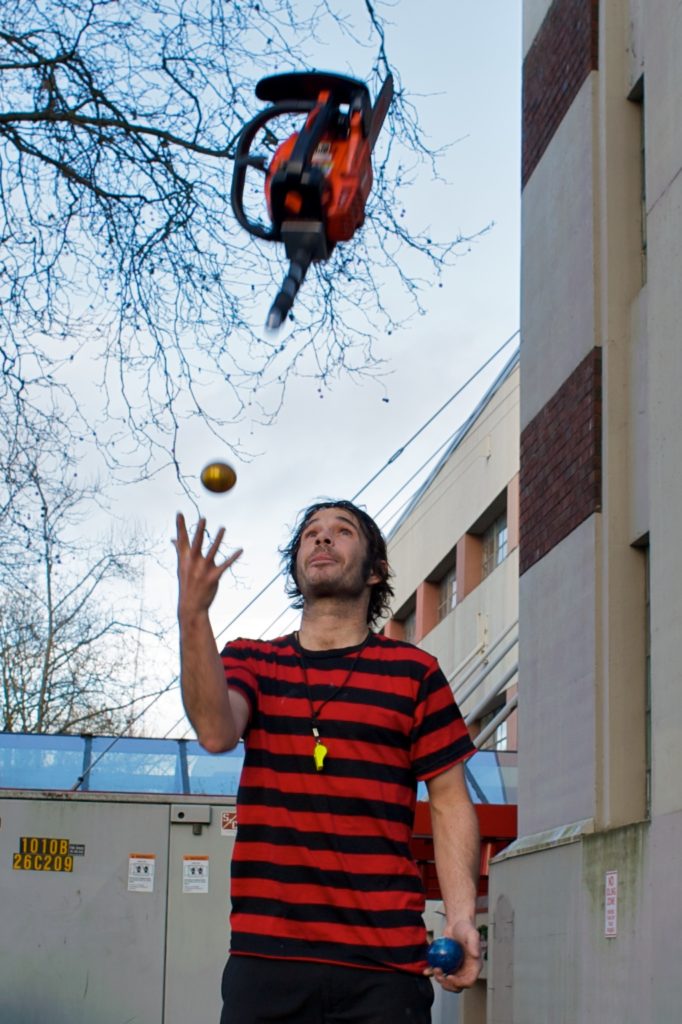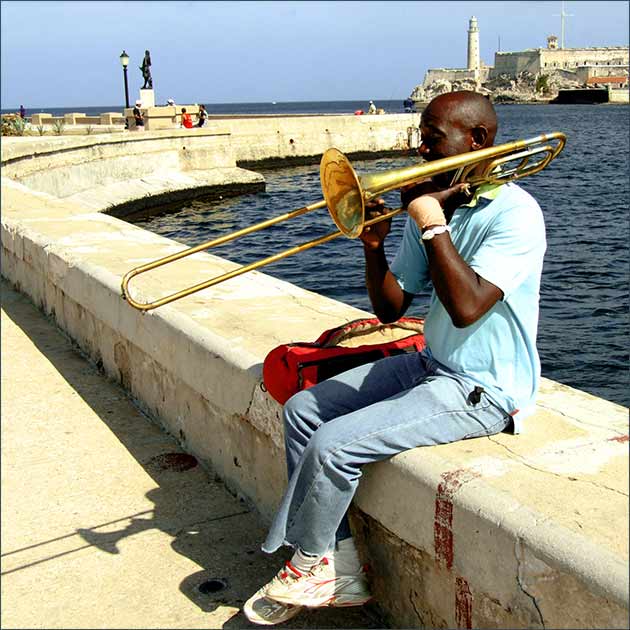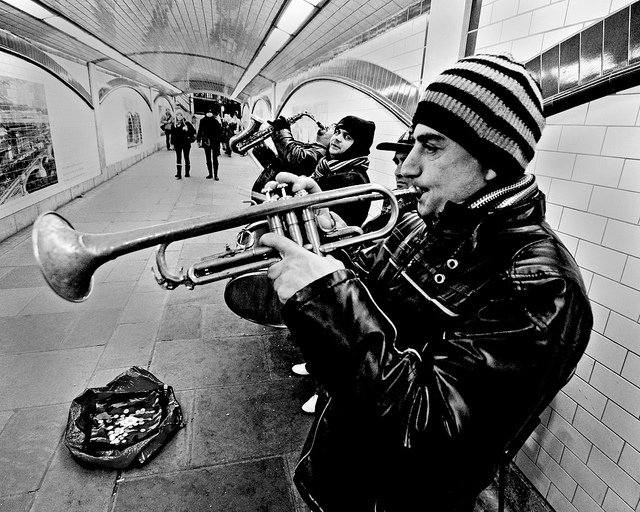
Originally published January 31, 2011 on Sound Education Blog.
Performing, listening to, and enjoying great music are their own rewards. But most people recognize that there are many additional life lessons learned while studying music. We discussed these lessons in a 2010 #MusEdChat collaborative session on Twitter. This series of blog posts contains my reflections on that discourse. Thank you to those who participated in the conversation, many of whom I have quoted below.
Music Life Lesson #6: Situational Awareness
From MusEdChat:
@CondensedScore: In performing with an ensemble you learn Situational Awareness. This skill of observation is greatly important in many areas.
Awareness of the Sound
I’m embarrassed to say that I remember (in somewhat foggy clarity) playing in the Boy’s Club basketball league when I was 7 or 8 years old. I did not fully (or hardly, for that matter) understand the game. Looking back, I can see that I had a pretty ineffective coach who failed to either recognize this problem or care enough to bother fixing it. However I was certainly contributing to my ignorance by being completely in my own world nearly all of the time. I recall being in games and having no idea whatsoever what was going on. I’m actually amazed that I ever made it off the bench.
I contrast this very clouded personal experience from my childhood with the study of music that began just a couple of years later. While a musician must be aware of his own sound, the thing that really helped me develop was in simultaneously being asked to pay attention to the others in my section, the individual lines of the other instruments, the full band sound, and of course watching the conductor for direction – all the while reading my music. For a somewhat unfocused, backwards kid this was some achievement!
@jsheelmusic: Music teaches you how to focus, and the amount of concentration needed to create masterpeices based on the littlest elements.
My first year directing a band I saw huge leaps in my personal awareness of the ensemble sound. As a horn player, I always felt I had a good sense of what was going on within any given ensemble. But to be in front, not playing my own instrument, and hearing the score come to life through the band opened my ears in ways I didn’t realize were possible.
Awareness of the Music
@CondensedScore: See the overall form in the process as well as the composition. Looking at things macro & micro at the same time
As musicians, it is our duty beyond awareness of the sound itself to be fully aware of the music that we are creating. We need to know the music on a personal level both phrase by phrase and as an overall composition. Are you familiar with the music in all of its complexity or are you simply reading one note following another? This level of situational awareness is huge in creating an artistic performance. As teachers, we need to be bringing our students up to this level of awareness and providing them the tools needed to research, study, and practice on their own to this end.
@teaching_music: We spend too much time learning parts and little time on learning the whole, the essence, of the composition.
@travisjweller: Look at many masterpieces – simple little elements everywhere crafted into something special – Mozart makes me jealous!
Having ensemble students study compositional elements (motif, phrase, harmony, form) will strengthen their identification of them within rehearsal (in addition to encouraging their interest in composition). And the more they get to know a great piece of music, the more its internal complexities will open up to them.
@LindsayBrazell: @CondensedScore It’s like getting to know someone and then marrying them!…with multiple pieces! Non exclusive? Metaphor fail?
@CondensedScore: @LindsayBrazell well there is definitely a long process of loving/playful study/investigation & trial/error leading to bliss #win
An astronomer in the desert will be much more successful & satisfied than one in the middle of a metropolis. Once we clear away the musical haze so that the stars can be seen, we’ve reached the point where we can be artists.
What About You?
Let me know what you think in the comments! Do you find yourself regularly oblivious to everything around you (like I used to be)? Or do you have a good sense of awareness? As a musician, have you become better at being aware of your surroundings? Is this just within the performance or also in greater life?
This is part 6 of a 12 part series.


